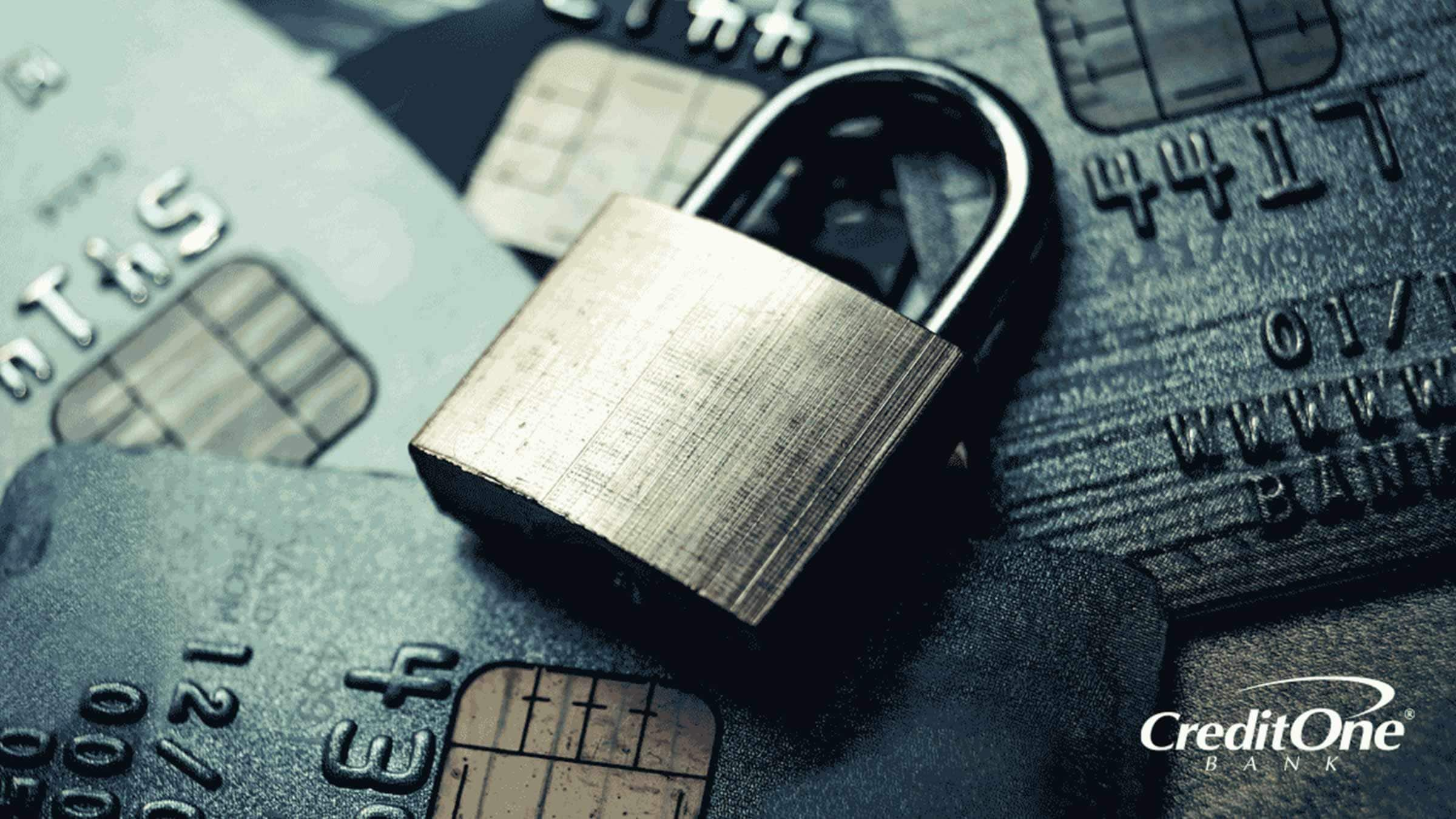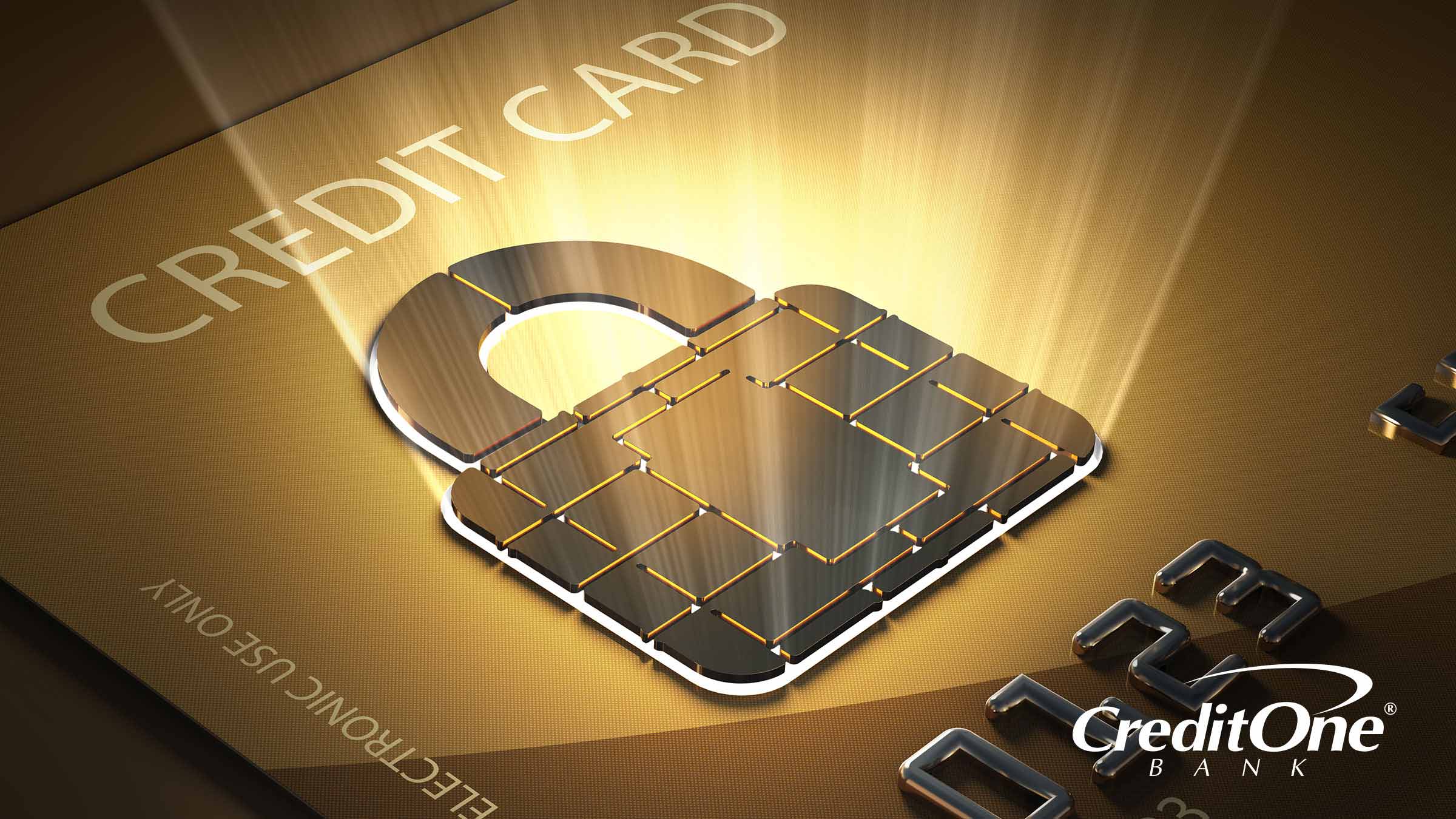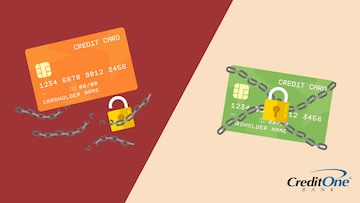
November 08, 2024
Unsecured credit cards can offer more benefits than secured credit cards, but they may not be the right choice for your unique financial situation.

In this article:
Introduction
Think a secured credit card might be right for you? Confused about the differences between secured credit cards and unsecured credit cards? Unsure which credit card is the best choice for you?
Secured credit cards and unsecured credit cards can both offer notable benefits, but they’re designed for people in very different financial situations. Before you decide whether a secured or unsecured credit card is in your future, it’s important to consider several key factors.
What Are Secured Credit Cards?
Secured credit cards require you to put down a refundable deposit to be used as collateral on the account before you can use it. In most cases, this deposit amount will be the same as the credit limit on your card, although this can vary depending on your card issuer and credit history.
If you make your payments on time, every time, and the account stays open, the card issuer shouldn’t need to touch your deposit. Your deposit will typically be refunded once you’ve paid your account balance in full and closed the account.
In some cases, you can earn a higher credit limit from your card issuer after consistently making on-time payments for a certain period of time. While secured credit cards don’t typically offer the same variety of rewards as unsecured cards, they can be financial lifelines for people with little or no credit.
What Are Unsecured Credit Cards?
Unsecured credit cards don’t require you to put down any collateral or security deposit. While unsecured credit cards are more common than secured credit cards, they’re more difficult to obtain and are often inaccessible to people with poor credit. This is because they pose a bigger risk to card issuers than secured credit cards.
Card issuers will review factors like credit history, credit score, and income when determining eligibility for unsecured credit cards. Applicants need to be seen as likely to pay the issuer back in order to qualify. Unsecured credit cards are available for people with credit scores ranging from good to average, although interest rates and fees can vary.
How Do You Apply for Secured and Unsecured Credit Cards?
The application processes for secured and unsecured credit cards are fairly similar, but they can differ in some notable ways. When you apply for a secured credit card, the card issuer may or may not check your credit history, generating a hard inquiry, before deciding whether to approve you for their card.
During this process, it’s important to remember that you’re not guaranteed to be approved for a secured credit card just because you’re providing collateral. Depending on the card issuer, there may be some financial lapses from your past or circumstances from your present life that they’re not willing to overlook.
Reasons for being denied could include, but are not limited to, having a bankruptcy, insufficient income, just starting a new job, or a less-than-positive payment history on current accounts like student loans. To avoid any unpleasant surprises, you should always review your financial history before applying for any new credit card.
If you’re approved for a secured credit card, unlike with an unsecured credit card, you’ll be required to make a security deposit before you can use the card. Some secured credit cards require your deposit when you apply for the card, while others require you to make your deposit after you receive the card but before it can be activated.
How Do Secured and Unsecured Credit Cards Work?
Once activated, secured and unsecured credit cards work pretty much the same. You make purchases with the card and receive a statement at the end of your billing cycle. Then you’re required to make at least the minimum payment and to ensure that the card issuer receives your payment by the payment due date.
Just like with an unsecured credit card, your secured card may or may not have a grace period. If it doesn’t, you’ll be required to pay interest on all of your purchases.
If it does have a grace period, you will not be charged interest as long as you pay the full balance before the due date. If you don’t pay off the balance in full before the due date, you will be charged interest (at an APR specified in your credit card agreement) on any balance still owed, plus any new charges, after your payment is deducted.
Do Unsecured or Secured Credit Cards Have More Fees?
Secured credit cards often come with fees similar to unsecured cards, including application fees, late payment fees, annual fees, and more.
If you miss a payment or pay less than the minimum amount due with a secured credit card, that amount is not deducted from your security deposit. The card issuer holds that deposit in a separate reserve account as collateral. A missed or short payment will be considered past due, and you will still owe any outstanding amount plus any fees and interest.
It’s only after you default and the card issuer closes your account that they deduct any amount you owe them from your deposit. But you don’t want things to get to that point — especially if you acquired a secured credit card to help you build a positive payment history.
With unsecured credit cards, the card issuer doesn’t have a security deposit to hold over your head. However, repeatedly missing payments on an unsecured card can damage your credit score and lead to higher fees and interest rates. Regardless of the card you have, you should always make every effort to pay at least the minimum amount due on time, every time.
Are Secured or Unsecured Cards Better for Building Credit?
If you have bad credit and are looking to start rebuilding it by creating a positive payment history, which is the most important factor in determining a credit score, then a secured credit card could be the way to go.
But you may not even have bad credit — maybe you have no credit score at all. You could be a college student, a recent college graduate, a new immigrant or someone who just never bothered to apply for credit before. In this case, choosing a secured credit card will help you build credit history in the first place, rather than rebuild a history that’s not good.
Since no credit history means no credit score, a secured credit card could be the first step of your credit journey. Responsible use of a secured card could pave the way to an unsecured credit card or other forms of credit down the road.
If you’re getting a secured credit card to help you build a positive payment history, it’s critical you verify that the card issuer for the secured card you’re applying for reports your activity on the account. If they don’t, then that particular card is not going to help you build or rebuild your credit.
Some card issuers may only report monthly to one or two of the major credit bureaus instead of all three, while others may report to any or all of the bureaus every few months instead of monthly.
Still others may not report your activity at all, because it’s not mandated by law that secured credit cards — or unsecured credit cards — report your information. Even worse, some card issuers may only report derogatory information, such as late payments, which only helps you to build a negative payment history.
Bottom Line
Secured and unsecured credit cards are distinct products for different financial situations. An unsecured card may be the right choice if you have a foundation of established credit history, while a secured card could help you rebuild credit history — or build it in the first place.
If you’re interested in getting a secured card, you can see if you pre-qualify for a secured card from Credit One Bank — checking to see if you’re pre-qualified is free and will not harm your credit score.



